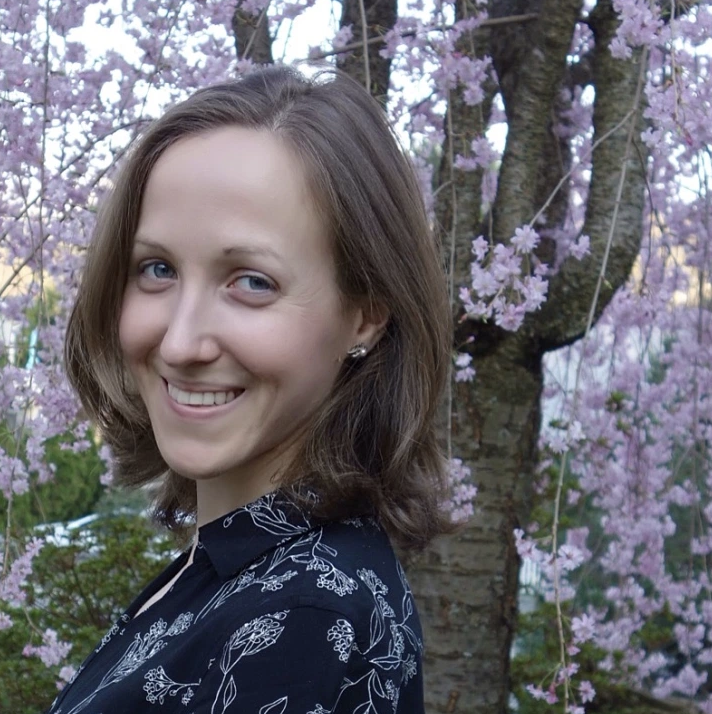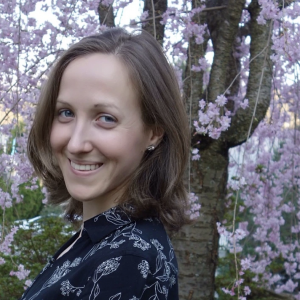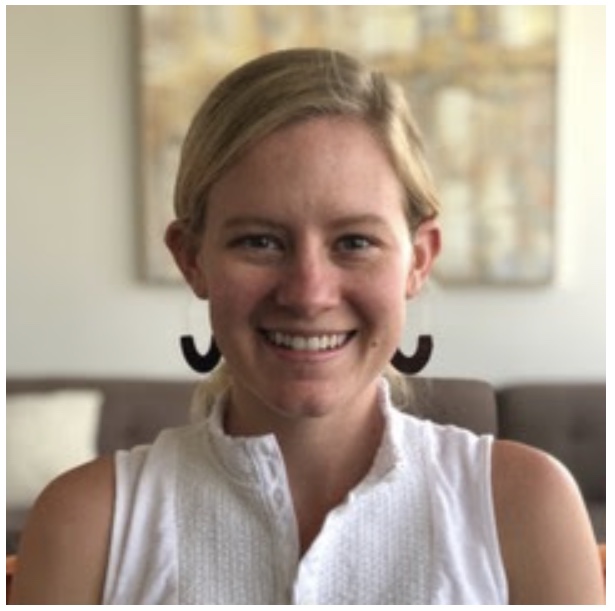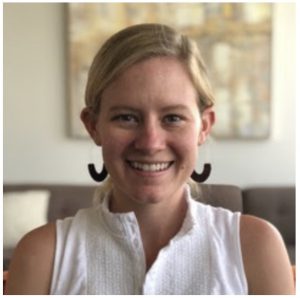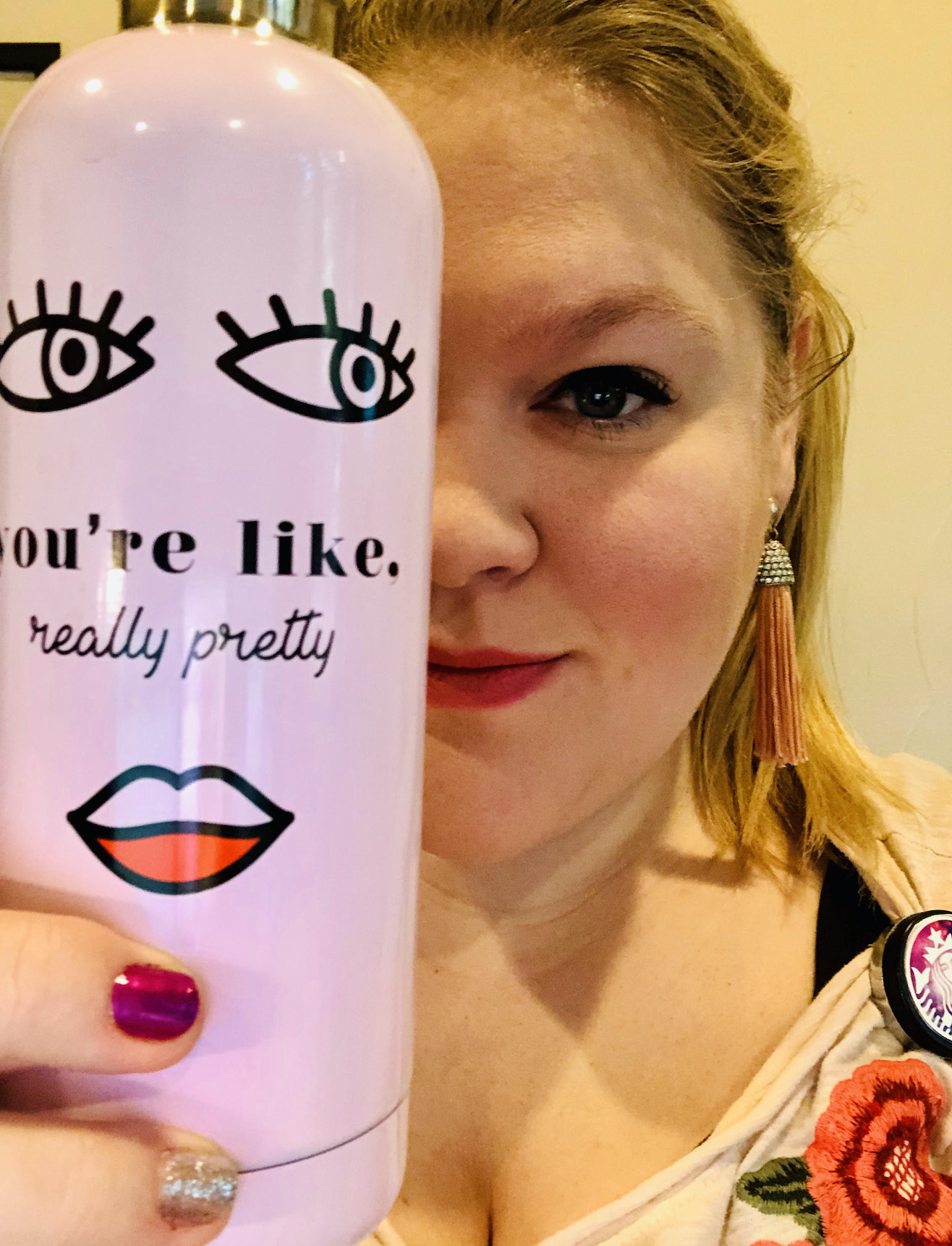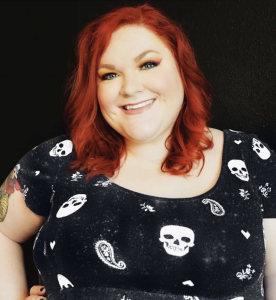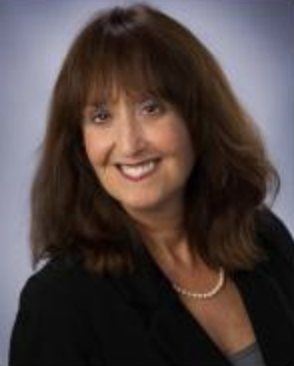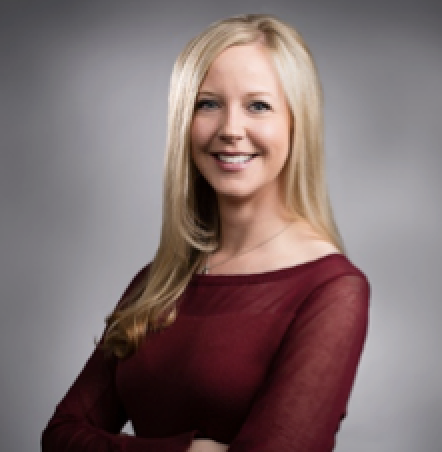
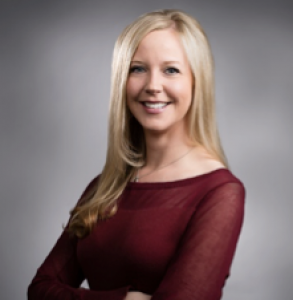
Jorie Janzen
Registered Dietitian
IOC Dipl Sports Nutr
CSSD
and of course I completed Jessica Setnick’s Eating Disorders Boot Camp as well as Molly Kellogg’s MI Intensive course….both so valuable!
Current Position #1:
Director of Sport Dietetics with the Canadian Sport Centre Manitoba (CSCM)
2010-Present
At CSCM I am privileged to work with athletes at the national, Olympic and Paralympic level. And, I am also blessed to be working with some of the best interdisciplinary support teams in the country.
Current Position #2:
Jorie Janzen Nutrition for Health, Wellness and Performance
2003-Present
Within my private consulting practice I have gained amazing experiences with the Royal Winnipeg Ballet, Winnipeg Jets, Sport for Manitoba, corporate wellness and disordered eating behaviour clients – most of which are athletes or highly active individuals.
How did I get started?
I became a dietitian by accident or perhaps desperation! I needed to figure out what I wanted to do with my life when entering my second year of university and decided to use the student career services available at the University of Manitoba. Dietitian came up. I had no idea what a dietitian really did but thought why not take some nutrition courses and see where it takes me! As for sport nutrition, that too was pure luck! I needed to find a dietitian to interview for a communications course. I was having a hard time figuring out how to find time to meet with a dietitian working in the area of diabetes (I assumed that is where I was suppose to lean towards as every course seemed to be diabetes education heavy. With not being able to coordinate a time with a dietitian in this area I ventured to the Yellow Pages (phone book…before the internet LOL!) and scanned the phone book and found Sports Nutritionist. I made one call, did my interview and found my calling! With a ton of volunteer experiences came some great connections and opportunities. I began working with provincial and national athletes through the Sport Medicine and Science Council Manitoba and then the Royal Winnipeg Ballet. I decided I needed to be part of a larger networking group and became a member and shortly after co-chaired the Dietitians of Canada Sport Nutrition Network. I started to attend conferences such as SCAN, ASCM, Eating Disorders in Sport Conference etc. With continuing education such as the International Olympic Committee Diploma in Sports Nutrition and networking and openness to mentorship, I landed my current full time position with the Canadian Sport Centre Manitoba (CSCM). My work in sport opened my eyes and my heart to the world of dysfunctional eating behaviors and that not one “type” of sport or athlete or human is immune.

